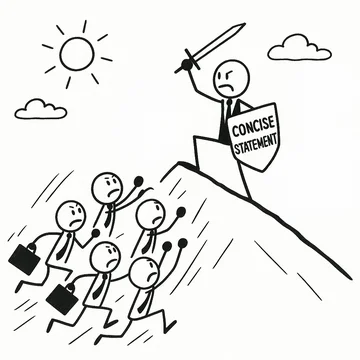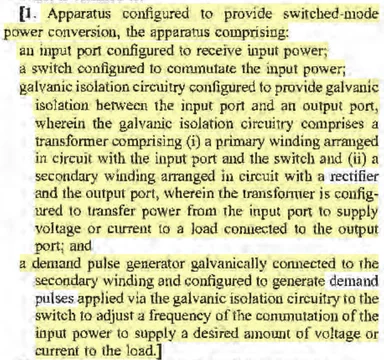
Judge Andrews recently rejected the requests of several defendants in a Hatch-Waxman (or "ANDA") case to file an early motion for summary judgment, calling the request a "pig in a poke."
Judge Andrews, like most judges in this District, does not as a matter of course permit dispositive motions in ANDA cases or early dispositive motions in general. Nonetheless, two defendants in Astrazeneca AB v. Alembic Pharms. Ltd., C.A. No. 20-202-RGA, sought leave to file an early motion for summary judgment of no infringement under the doctrine of equivalents (plaintiff's only infringement theory).
Judge Andrews made short work of the request, first noting that the
defendants do not make a very convincing case that if I allow these motions and briefing that I will dismiss the claims against them.
He pointed out that while the defendants had asserted that the infringement claim was prohibited by the disclosure-dedication doctrine, they had not provided detail supporting that claim. He also noted that defendants had argued they had "not one, but three winning theories."
If that were true, Judge Andrews concluded, "they would have told me that argument, not just thrown up a laundry list of arguments." In a colorful capper, he said "I will not buy Defendants' pig in a poke."
Entertainment value aside, this ruling demonstrates that requests for early summary judgment are not easy to win. Successful requests are often mini-SJ motions themselves, laying out the undisputed facts, the legal grounds, and the effect on the rest of the case (both from a merits and a procedural perspective).
The best candidates for early resolution tend to be heavily dependent on legal issue (for example, claim construction) and dispositive of a significant part of the case (in that regard, it's helpful if the limitation is in every single asserted claim, for example).
The checklist Chief Judge Stark requires parties to review prior to the initial scheduling conference provides some insight into how requests for early summary judgment are typically viewed, focusing the parties on motions that are "fully case dispositive – or that would be dispositive of such a significant portion of the case that its resolution would greatly enhance the likelihood of a cost-effective pre-trial disposition," and asking what the movant is "going to give up (e.g., the opportunity to file a motion on the same subject matter later in the case)."
If you enjoyed this post, consider subscribing to receive free e-mail updates about new posts.




